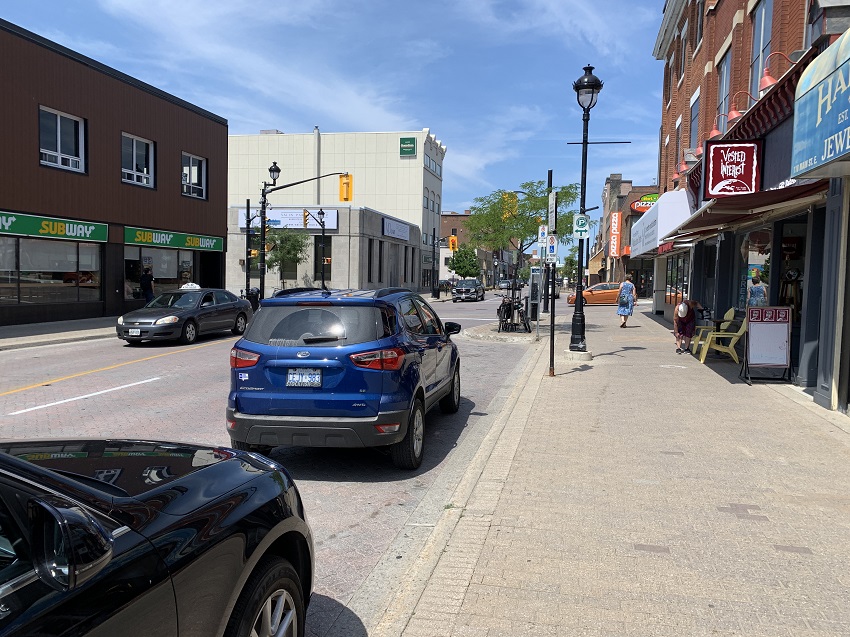The Canadian Association of Chiefs of Police (CACP) is calling for Canada to decriminalize personal possession of illicit drugs.
The CACP released findings and recommendations last week that states the CACP “must adopt new and innovative approaches if we are going to disrupt the current trend of drug overdoses impacting communities across Canada”.
North Bay Police Service Chief, Scott Tod, is on board with the CACP’s assessment.
“For many years, the CACP has been in discussions with the federal government on the decriminalization of illicit drugs for personal use. I think what they’ve reported on is for the federal government to look at and create better community safety outcomes,” said Chief Tod, who also serves as the co-chair for the CACP’s counter-terrorism and e-crimes committees.
“[North Bay] has a substantial amount of drug-related charges.” said the Chief who also acknowledged that the decriminalization of illicit drugs would have an impact on North Bay and its surrounding communities.
And the North Bay Parry Sound District Health Unit (NBPSDHU) agrees.
“The reasons people develop substance use issues are complex and often include genetic, economic, environmental, and social factors such as trauma, financial strain, inadequate housing, and lack of social support. The criminalization of drugs fails to address these root causes of problematic substance use,” the NBPSDHU said. “[We] call for a comprehensive approach to addressing substance use which includes action in prevention, harm reduction, treatment and enforcement.”
“Decriminalization is a critical component to this approach,” they continued. “It is an evidence-based, multi-pronged strategy that includes a range of principles, policies and practices that aim to reduce the harms associated with the criminalization of illegal drugs. Decriminalization aims to decrease harm by removing the criminal charges associated with simple drug possession of illegal substances while providing greater access to education as well as harm reduction and treatment services. Decriminalization is not legalization. Selling, trafficking and manufacturing drugs would carry criminal penalties.”
“Greater focus on reducing harms and the broader economic, environmental and social factors that impact health care needed in addressing problematic substance use,” added the Health Unit. “Lessons learned from the decriminalization of drugs in other countries could be applied. It is no doubt that the process of decriminalization will be complicated and take time, and will take the support of policy-makers, law enforcement, public health as well as health and social service providers.”
The Health Unit also states that the decriminalization of simple possession of illegal drugs would:
· Reduce the number of overdoses and drug-related fatalities
· Increase the likelihood of members of the public calling 9-1-1 in case of an overdose
· Reduce stigma, negative beliefs and attitudes, and stereotypes about people who use drugs among service providers, family members and the general public
· Increase access and referrals to harm reduction and treatment services
· Reduce rates of HIV infection and high-risk behaviours such as needle sharing
· Reduce health care, social and judicial costs on the province
· Increase employment opportunities for people who use drugs
Chief Tod says that the relationship with the health unit would only improve if the decriminalization would come to fruition.
“The relationship [right now] is very strong. We feel very well-supported by the health unit. The health unit has created great leadership in the community.”






